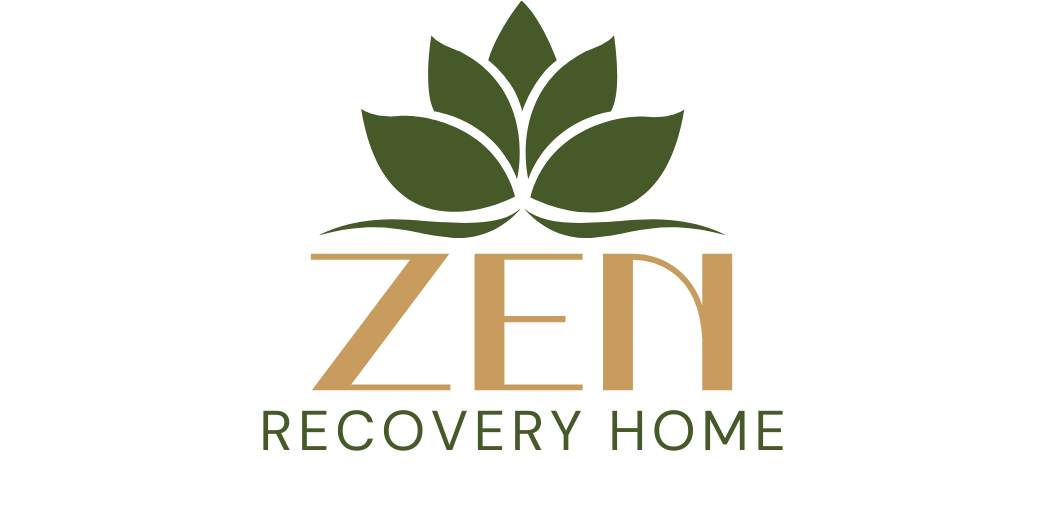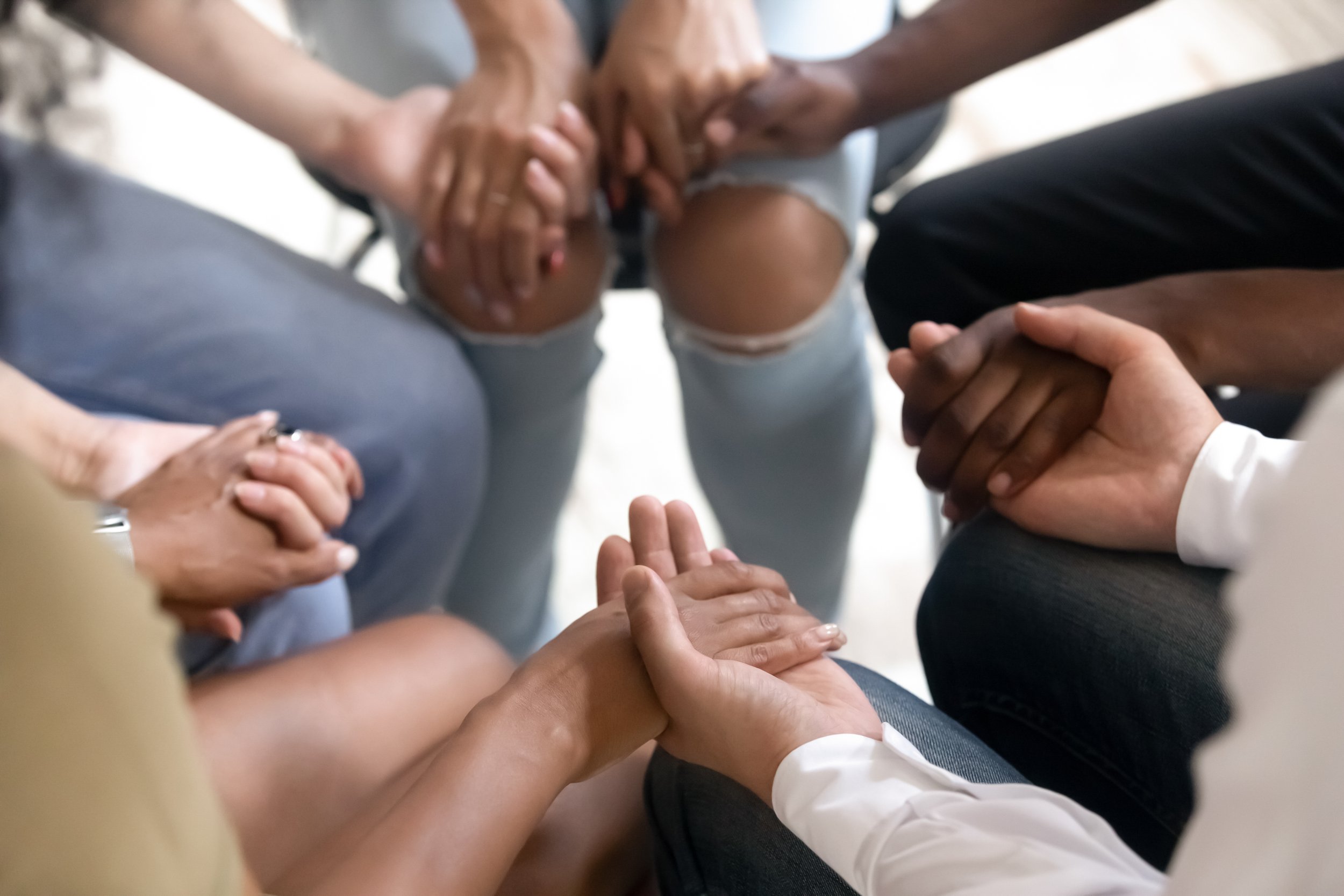Recovery and the Power of Human Connection
When someone is struggling with addiction or mental health challenges, isolation is often both the symptom and the fuel. We withdraw because we’re hurting, and then we hurt even more because we’re alone.
But here’s the truth: healing doesn’t happen in a vacuum. Recovery takes connection. At Zen Recovery Home, we’ve seen again and again that people don’t get better just because of willpower or medication or even therapy. They get better because someone sat next to them and said, “Me too.”
The Silent Danger of Isolation
Addiction and mental illness often thrive in isolation. Shame, guilt, fear, and stigma can convince people to hide their struggles—to pull away from family, skip appointments, stop answering texts, or just disappear into survival mode.
And that isolation becomes dangerous. It increases the risk of:
Relapse
Suicidal thoughts
Untreated symptoms
Overdose
Hopelessness
Even in recovery, loneliness is one of the strongest predictors of relapse. That’s why staying connected isn’t just a nice idea—it’s a clinical priority.
Why Connection Builds Resilience
Human beings are wired for relationship. When we’re supported, seen, and heard, our nervous system calms down. Our self-worth begins to rebuild. We become more willing to try, to hope, to keep going.
Connection creates resilience by:
Reducing shame (“I’m not the only one going through this.”)
Increasing accountability (People check in, and that matters.)
Offering new tools and perspectives (Others might have wisdom you haven’t found yet.)
Restoring joy (Laughter and belonging are healing too.)
Providing a buffer during tough times (You're not white-knuckling it alone.)
In group settings especially, people learn they can be vulnerable and still be accepted. That simple truth can change everything.
The Power of Group Therapy
At Zen Recovery Home, group therapy isn’t just a box we check—it’s a foundation. While individual therapy helps clients unpack their personal stories, group therapy helps them reconnect with the world around them.
Here’s why it works:
You get honest feedback from peers—not just professionals
You hear other people describe feelings you didn’t know how to name
You learn communication and emotional regulation by practicing in real time
You witness growth in others, which reminds you that change is possible
You’re held accountable in a loving, no-nonsense environment
Whether it’s processing trauma, managing cravings, or learning coping skills, doing the work together creates momentum.
The Value of Sober Community
Recovery doesn’t end when treatment does. In fact, what happens after discharge is often the most important part. That’s where sober community becomes essential.
Whether it’s:
A 12-step program
Refuge Recovery or SMART Recovery
A weekly alumni group
Sober social events
Volunteering or mentorship opportunities
The goal is the same: stay connected to people who understand and support your journey.
At Zen Recovery Home, we help clients build that next chapter before they leave. We connect them with outside resources, local meetings, and ongoing support options so that they never feel like they’re doing this alone.
Real Support, Not Just Services
Connection in recovery isn’t only about formal therapy. It’s also about finding your people—the ones who will text you when you’re quiet for too long, who laugh with you in the kitchen, who sit with you when you’re falling apart and say, “You’re still worth loving.”
That’s why our staff leads with compassion. Why we create a culture of respect and honesty. Why we believe in community as medicine—because that’s what keeps people going when everything else gets hard.
Final Thoughts: Recovery Isn’t Meant to Be Done Alone
If you’re feeling isolated right now—whether you’re in active addiction, early recovery, or just struggling with your mental health—know this:
You weren’t meant to do this alone. You’re not weak for needing people. You’re human.
Recovery is a team sport. And when you find the right team—people who show up, speak truth, and stay—you don’t just survive. You heal.
At Zen Recovery Home, we’re building that kind of community every day. A place where people can fall apart and rebuild, side by side. A place where connection isn’t optional—it’s vital.
Need support?
Reach out today. Whether you need a group, a plan, or just someone who gets it—we’re here. Because the opposite of addiction isn’t just sobriety. It’s connection.

